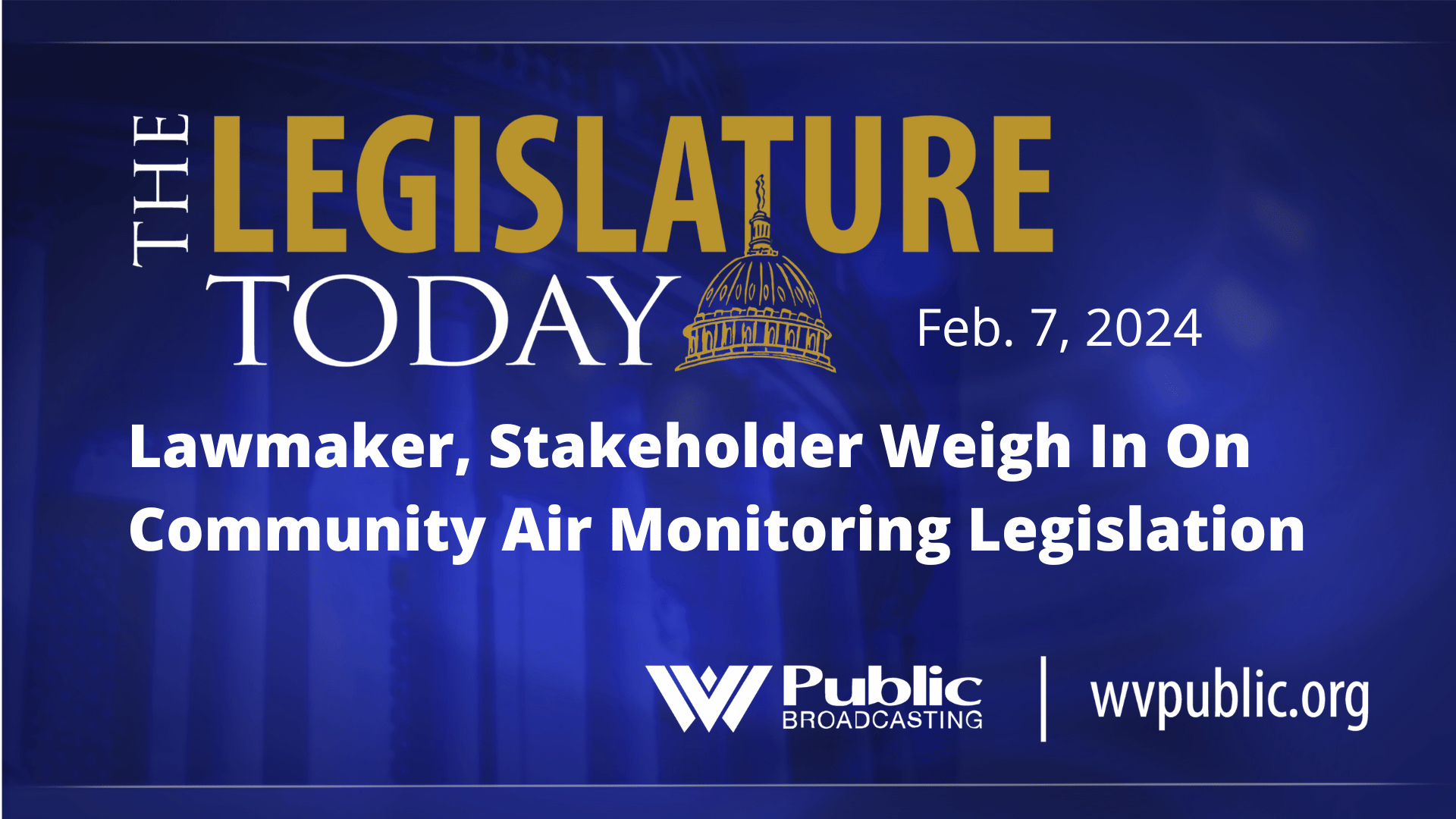A group of Democratic West Virginia lawmakers announced plans Monday to introduce legislation to regulate a group of toxic, man-made fluorinated chemicals.
Del. Evan Hansen, who represents most of Monongalia County, and a group of colleagues, said the “Clean Drinking Water Act” would address the release of per- and polyfluoroalkyl chemicals, also called PFAS chemicals. The class of chemicals includes C8, or PFOA, the chemical produced and dumped in the Parkersburg area for decades by chemical giant DuPont.
The effect of the chemical and related events were recently brought to the silver screen in the blockbuster film, “Dark Waters” starring Mark Ruffalo and Anne Hatheway.
Hansen said the bill, which is still being drafted, would require facilities that use or produce PFAS chemicals to disclose that information to the West Virginia Department of Environmental Protection. The DEP would be required to monitor these facilities and regulate their discharges of these chemicals into waterways. Currently, PFAS chemicals are unregulated nationwide.
The second component of the bill would set legally-enforceable drinking water limits, or Maximum Contaminant Levels, for some PFAS chemicals.
The legislation comes at a time when both U.S. Environmental Protection Agency and state regulators are increasingly testing for, finding and seeking regulations for these so-called “forever chemicals.”
In recent years, a growing number of communities have detected PFAS in their drinking water. The chemicals are widely used including in everything from pizza boxes to flame-retardant foam sprays and in nonstick and stain-resistant products like Teflon.
Ohio announced in September it would begin monitoring water systems near known contamination sites. In Berkeley County, federal researchers are currently studying residents’ exposure to C8 after it was found at a water treatment plant in Martinsburg. The contamination was likely due to groundwater contamination from the Shepherd Field Air National Guard Base, which used PFAS-laden firefighting foam.
Research conducted in the Mid Ohio Valley after DuPont’s settlement over C8 contamination linked chemical exposure to six diseases including thyroid disease, as well as testicular and kidney cancer.
“I think we owe it to the citizens of West Virginia, especially considering we were ground zero for the impacts of many of these chemicals, we owe it to the people of West Virginia to take matters into our own hands,” Hansen said.
The EPA is currently weighing how to set drinking water standards for PFOS and PFOA. A handful of states have set their own limits, much lower than the EPA’s current health advisory of 60 parts-per-trillion.
Hansen said if the bill is passed, West Virginia would examine both EPA’s decisions and state actions. He also noted he hopes to put safeguards in the legislation so that if contamination is found, rate payers and cash-strapped municipalities won’t be on the hook for paying for cleanup.
“What we are going to get out of this is the chance of transparency,” said Angie Rosser, executive director of the West Virginia Rivers Coalition, which supports the bill. “Companies will have to tell us what is in our water.”
Rosser and others said clean water is key to boosting the state’s economy.
“The people of our state know polluting industries drive away clean industries,” said Del. John Doyle, a Democrat from Jefferson County.
When asked about the bill’s chances of making its way through the Republican-controlled Legislature, Hansen said he recognized it could be a tough sell, but said he’s open to hearing any ideas from his colleagues across the aisle or other interested groups.
“I don’t think clean drinking water is a partisan issue,” he said.
During the 2020 session, Hansen, who is an environmental scientist, said he also intends to reintroduce a proposed amendment to the state’s Bill of Rights that would enshrine clean air, water and the preservation of the natural environment as constitutional rights for current and future generations.
The measure was introduced last session and had more than 30 co-sponsors. Two other states — Pennsylvania and Montana — have adopted a similar constitutional amendment. If passed, the environmental rights amendment would serve as a guiding principle for state leaders and regulatory agencies.
